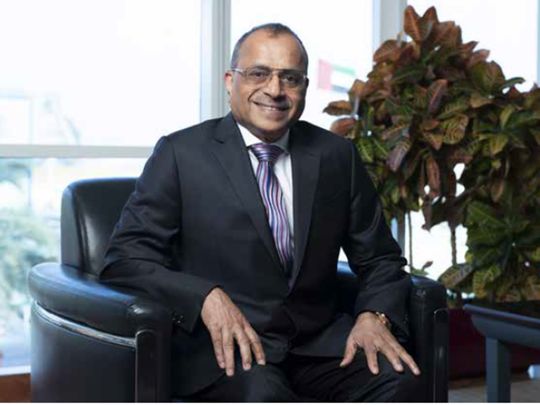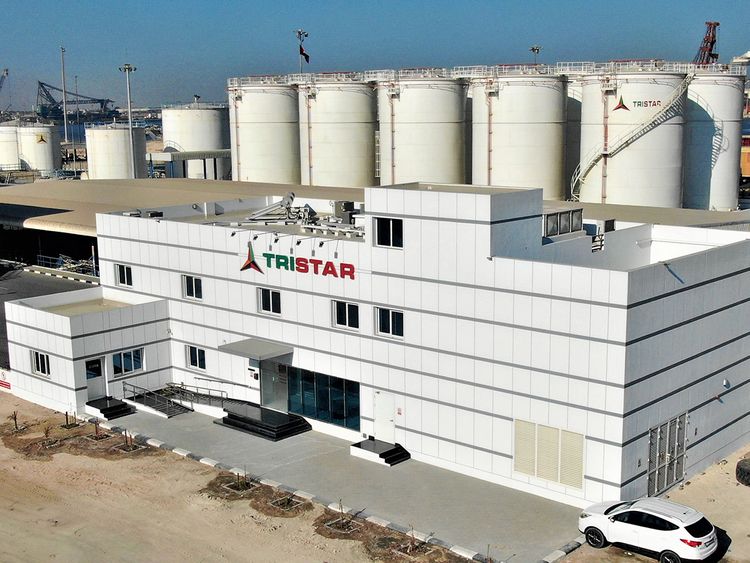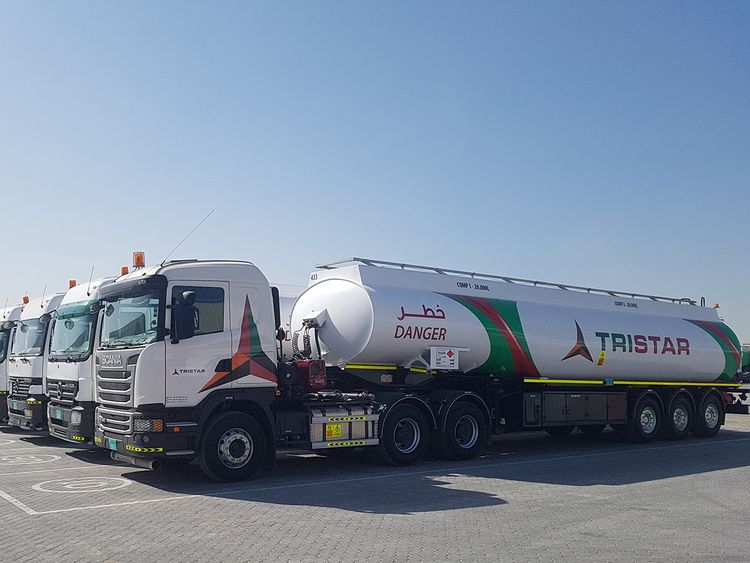
Dubai: Hedge at the first available opportunity – and keep hedging. That’s the best option for logistics companies to handle their rising fuel bills as oil prices hover at the $80 a barrel and over.
“If oil prices soften by January/February next, that’s when we plan to do our next hedging,” said Eugene Mayne, CEO at Dubai-based Tristar Group, which is one of the region’s leading names in handling the logistics needs for the energy industry.
“We managed to have a forward contract before the latest rise in oil prices, and that helped keep our costs down during this period.” (Hedging or forward contracts are about ensuring a certain price for a commodity – in this case, fuel – when there is the chance that prices can shoot up suddenly.)
Oil’s climb in recent weeks has been the big bump that each and every company in the transportation business has been focussed on. Brent crude is still slightly under $80 a barrel, but there is this feeling that any December demand surge could push it into the $85 and over range. And that can be a problem if a business is not suitably prepared.
“In our case, there’s a slight difference – because we are both a user and a supplier of fuel for our clients, especially those engaged in peacekeeping operations,” the Tristar chief said.
Gradual switch to clean
Tristar, as any other player used to oil, is starting make that gradual switch to cleaner fuel. “Everybody wants to manage their carbon footprint and manage their switch to more sustainable ways,” he said. “It’s not happening overnight, but the preparations need to happen now.
Tristar’s strengths are in the Gulf and wider Middle East. Much of its fleet operates on highways, but the company has a maritime fleet as well. It’s been gaining some momentum in India as well as in Africa.
For the near term, Tristar is forecasting a capital expenditure of $40 million to $50 million. There are no plans to revisit a move to float on the local stock market after it dropped its IPO plan earlier this year. “That’s not a route we will be taking – there will not be any discussions on that for the next year at least,” said Mayne, who is a shareholder in the company along with Kuwait’s logistics giant Agility.
“We have four or five banks that we always talk to – but I don’t see us issuing a bond,” said Eugene Mayne. “Let’s stick with that straight lending.
“As I have said, we have dropped all our plans to go for an IPO.”










